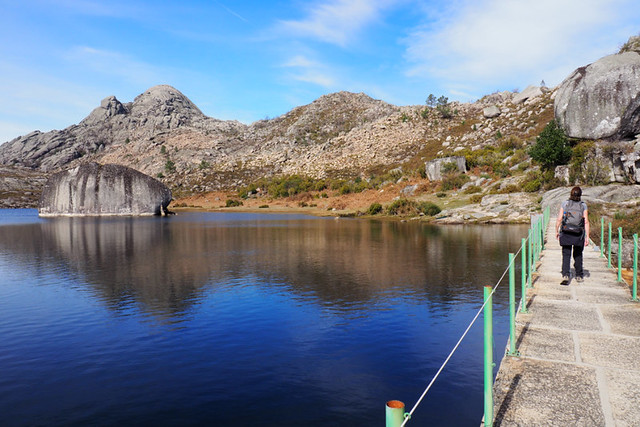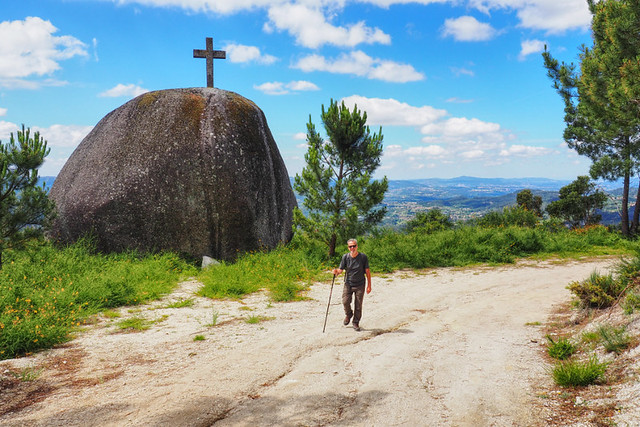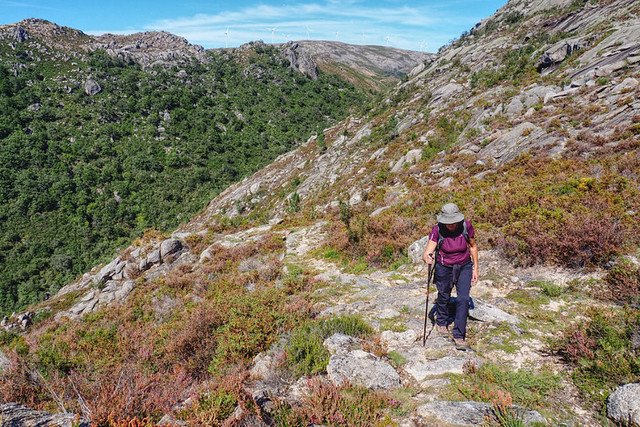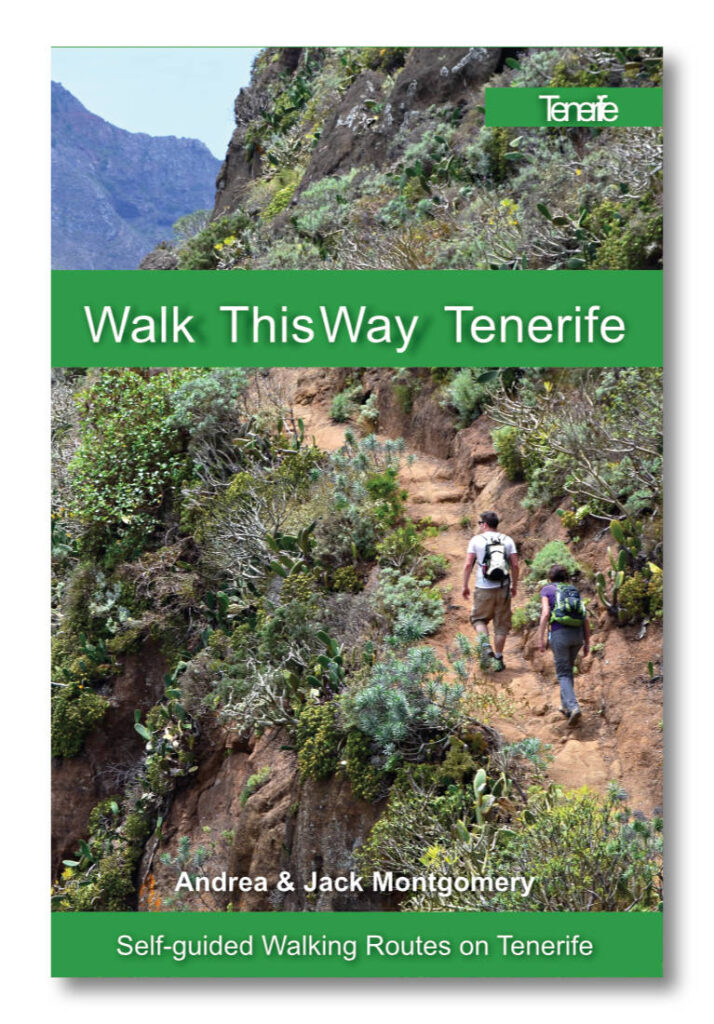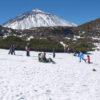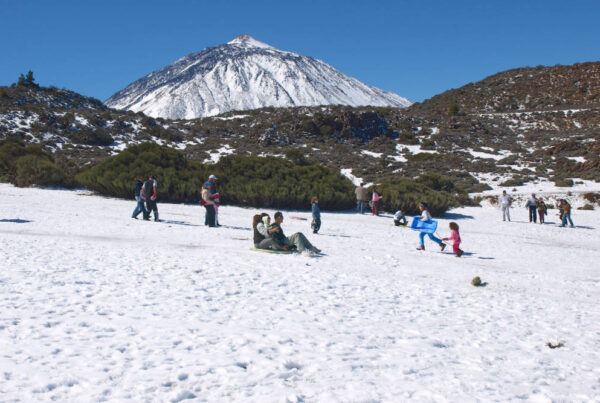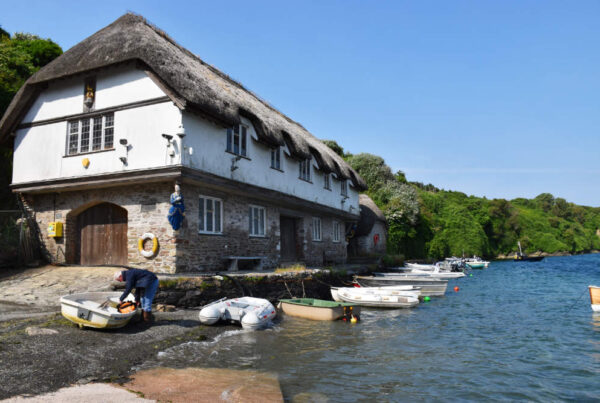Yesterday, we spent some time putting together a flow chart for a project we’re due to be working on which involves content for a specialist holiday provider. Once we started, it reminded me of the time we were in a luxury hotel in Santa Cruz where I put too much bath foam in a jacuzzi and created a huge frothy monster that just kept getting bigger and bigger.
This flow chart ended up like that, it just kept getting bigger and bigger, spirally outwards to include sub-sets and sub-sub-sets. The more knowledge you have about a subject, in this case Slow Travel around Europe, the easier it is to come up with ideas of things to write about it.
Last week, on our Buzztrips website, I published a post about walking in Peneda-Gerês National Park. We first visited Peneda-Gerês, in the north of Portugal, on a reccie trip with no solid plan, just a remit to drive around, check out a few places and get a feel for the place. We didn’t even have accommodation booked, we just rolled up and drove and walked.
Over the course of the next two years, we visited Peneda-Gerês on three more occasions, covering spring, autumn, and summer. Each time, we had pre-planned itineraries as we got to know the area and its people and food better, walking virtually from the north to the south of the park, creating hiking routes.
I still maintain yomping through the countryside is the best way to get to know a place.
All that we learned – from factual information and anecdotes through to personal experiences – ended up in a bespoke guide for customers who book Inntravel’s High Paths of Northern Portugal Holiday.
Some of that first-hand knowledge is also included in the article I published on our travel website.
In the same week I published the walking in Peneda-Gerês National Park article, I saw another post about walking in Portugal by a different specialist holiday provider. I like to keep an eye on how others in the same field approach marketing; it tends to reveal how ‘specialist’ their specialist knowledge actually is.
In this case, and I’m not going to mention any names because this isn’t about putting the boot in to anyone, my eyes were drawn by the line, “When it comes to getting insightful information about a destination, nothing beats the advice of our Product Team.”
It was what followed that really interested me. The article went on to talk about a visit to Portugal by the Portugal specialist who clearly didn’t know Portugal at all. The trip seemed to be of the FAM variety (familiarisation trip where you get a whistle-stop tour of a destination). These are useful to get a taster of any given destination, but they’re like being served an amuse-bouche in a restaurant and then leaving before the rest of the meal is served.
And this is the way it so often is, a little knowledge is often passed off as ‘specialist.’ It happens when it comes to holiday companies. It happens (too much) in travel-writing. It happens in guidebook publishing.
It’s a massive bugbear of mine, maybe because there’s a sense that so many aspects of modern life seem to increasingly involve a general dumbing down.
I want the specialists I use for information to be real specialists.
The thing is, unless you know an area decently well, it’s not always easy to spot the non-specialist specialists out there as they rely on a tactic that’s been employed for a long time in the travel business. And that is, as long as you know more than the person reading your material, then you can get away with calling yourself a specialist, even when you don’t know much about a destination at all.
Although it’s a ploy that worked far better before social media arrived, it’s a practice which is still rife.


